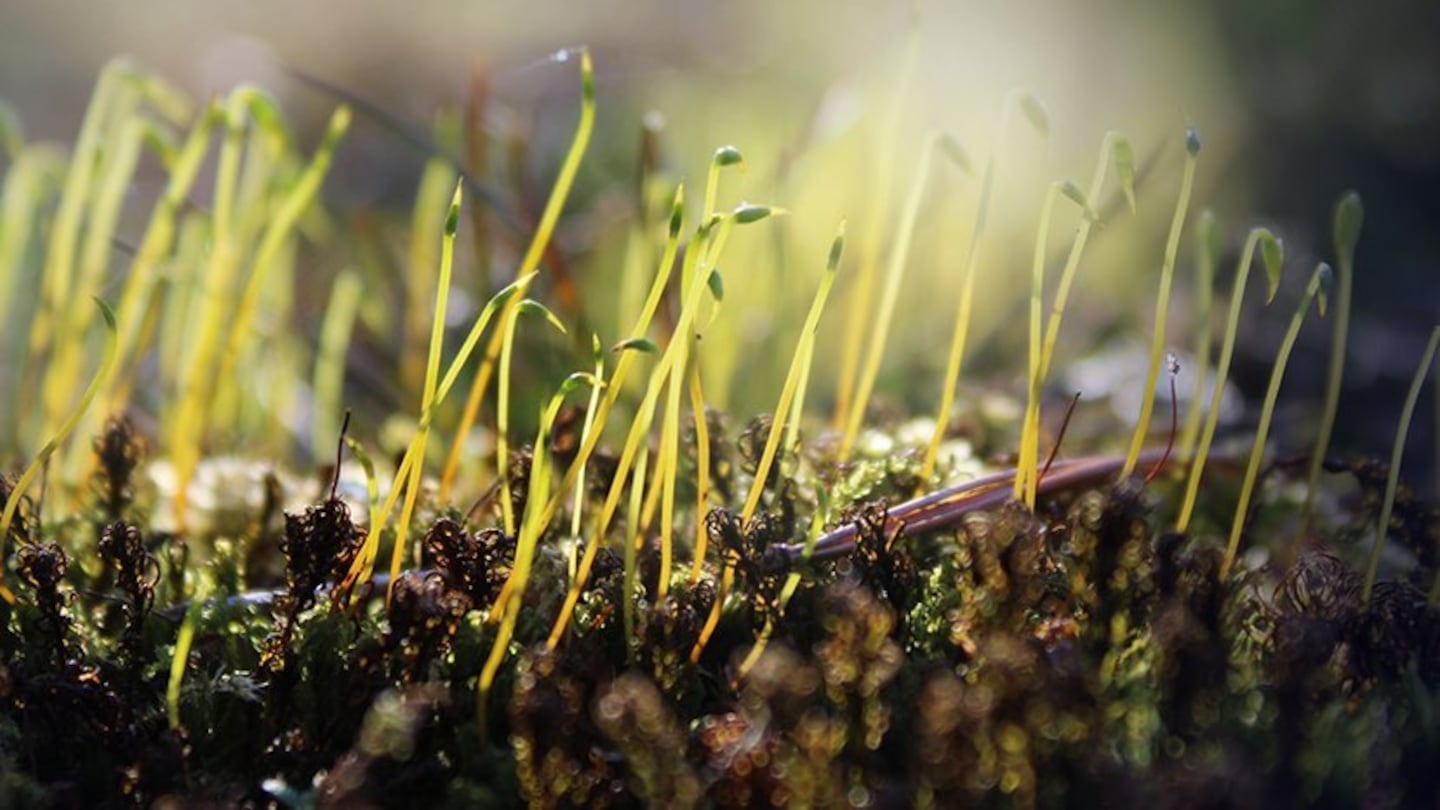Some of New Zealand’s native fauna and flora are critically endangered and there are concerns this country isn’t adequately safeguarding native seeds.
Seed banking is a process to safeguard plants in the event of a catastrophe or disease that could threaten plants.
The library of seeds is particularly important because it could store seeds from extinct plants, and bring them back to life.
Melanie Mark-Shadbolt, from indigenous environmental not-for-profit Te Tira Whakamātaki Māori Biosecurity, said that about 15 per cent of New Zealand's native species are threatened and a further thirty per cent are at risk.
Mark-Shadbolt said Kauri Dieback was a bad disease but she was more worried about diseases like Myrtle Rust, which is having a significant impact on native plants.
“This has already had an impact on New Zealand’s myrtles already and it could lead to species extinction. We are seeing this in places like Australia where they are having site extinction of their taonga.”
Seeds the key
Mark-Shadbolt said that as well as storing seeds, seed banks also allow scientists to grow and test plant breeding techniques while trying to find better techniques for storing seeds.
Te Tira Whakamātaki is using a three-pou of seed work which is He Tangata, He Whare Taonga, He Tiriti.
“He Tangata acknowledges the dire need that we have to train more people, and a diverse set of people in seed conservation. We need people intimate with the ngahere in the right places with the right trees through to Māori in the labs looking after our tuakana and through to legal experts familiar with the kaupapa and the needs.”
“He Whare Taonga is about providing infrastructure and support for people and creating things like seed drums for our whānau, hapū and marae to collect and we are working toward Māori owned seed banks”
“And He Tiriti, that pou was really important to me personally because that is about understanding protocols and strategies which protect our seeds once they are in seed banks. This is where we think the world and New Zealand have been weak in the past.”
Mark-Shadbolt said that “seeds really are the foundation of our conservation-restoration and our response to climate change".

